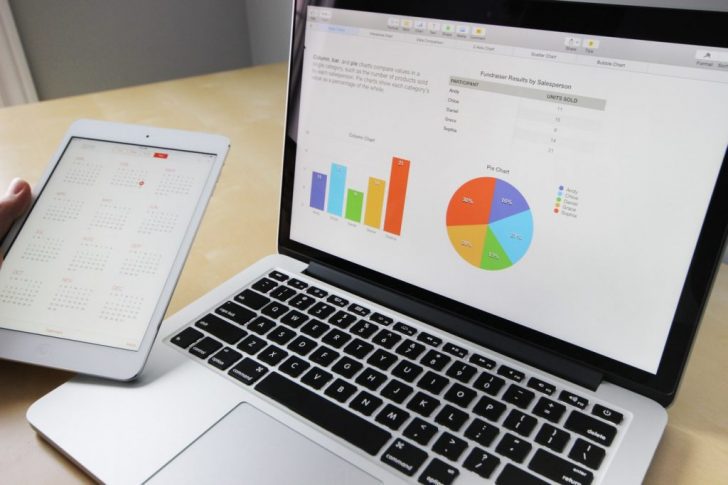When it comes to purchasing power, inflation means that things cost more and that your money becomes less valuable. When a period of high inflation hits, as it the case right now, you may want to consider changing up the way you handle your finances to help protect the value of your cash.
When the cost of borrowing becomes more expensive, higher interest rates trickle down to consumer banking products such as loans and mortgages, making them more expensive. However, higher interest rates may also apply to deposit accounts, meaning that banks start to offer higher interest rates on checking, savings, and certificates of deposit.
Although no one knows what the future will bring, by making changes to how you spend and where you keep your money, you may be able to easily weather the storm. Here are some ways to save during periods of inflation.
Diversify your investments

You can maintain your purchasing power over an extended period by determining the right assets for your investment. Before investing, you should consider some prominent factors such as income expenses, analyze the risk, the time horizon, and tolerance for damage. You can also protect yourself by signing up for Treasury Inflation-Protected Securities, or TIPS. The TIPS principle is measured by the Consumer Price Index and increases with inflation and your paid interest rate but decreases with deflation. However, when your TIPS bonds mature, you are paid an adjusted principal over a long period.
Adding TIPS to your accounts can help balance your fixed income or portfolio that is indexed to inflation. TIPS are backed by the U.S. federal government, ensuring you a safe investment and an effective way to diversify your investments.
Evaluate Your Budget
Evaluating your monthly expenditures and expected budget is an effective way to save money and reduce cash outlays. You can also refinance your loans and consolidate debts for a lower rate and instead use that money to invest in yourself. Keep track of your cash flow by monitoring your income, expenses, and savings.
Find ways to keep costs low

If you haven’t looked over your budget in a while, now may be a good time to do so. During the pandemic, you may have subscribed to multiple streaming services that you don’t use anymore, or you might be spending more money dining out or paying for more convenience services that you don’t really need.
Instead of driving everywhere, you can bike more often and you can reevaluate your food budget to add more cheap and healthy meals. For a bigger change, you could downsize your housing to save even more money.
Look for high-yield interest rates
It can be frustrating to not be able to get loans for big purchases as easily during periods of high inflation. Still, consumers can take advantage of higher interest rates on bank accounts to fight the effects of inflation on their cash. Bank account interest rates usually don’t totally beat the rate of inflation, but these accounts can help hedge against inflation far better than keeping cash at home or in a low-rate account.
Invest

The stock market tends to beat inflation with its rate of returns; however, your money growth would be slower in times of deflation or inflation. Financial advisors suggest investing in sectors or industries that follow the movement of the economy, such as the energy or water sector since stocks of these sectors rise in value according to the economy. You can also invest in real estate since the property’s value significantly increases during periods of higher inflation.




